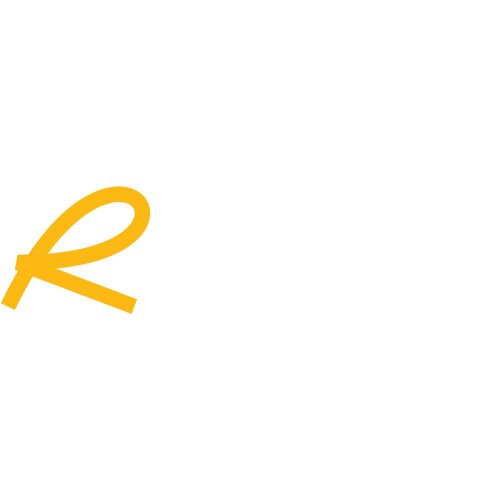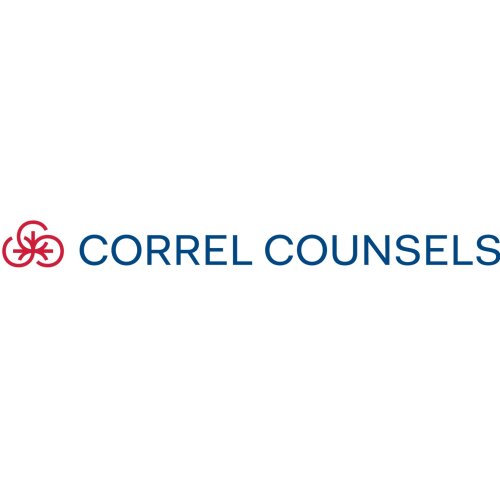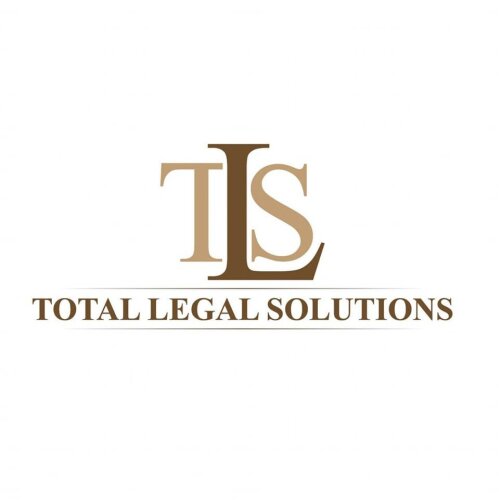Best Environmental Law & Compliance Lawyers in Maldives
Share your needs with us, get contacted by law firms.
Free. Takes 2 min.
Or refine your search by selecting a city:
List of the best lawyers in Maldives
About Environment Law in Maldives
The Maldives, an archipelago renowned for its stunning marine biodiversity and fragile ecosystems, faces unique environmental challenges due to its geographical composition and climate change vulnerabilities. Environmental law in the Maldives is primarily concerned with the protection and preservation of its natural resources, including coral reefs, marine life, and coastal areas. Development projects, especially those near marine habitats, are subject to rigorous environmental assessments to balance economic growth with ecological preservation.
Why You May Need a Lawyer
There are several scenarios where individuals or organizations might require legal assistance regarding environmental issues in the Maldives:
- Project Development: Those planning construction or expansion projects may need to ensure compliance with environmental regulations and obtain necessary permits.
- Marine and Coastal Disputes: Disputes involving land use, marine resources, or coastal development often require legal intervention.
- Environmental Damage Claims: Individuals or groups seeking compensation for environmental damage, such as oil spills or coral reef destruction, may require legal representation.
- Regulatory Compliance: Businesses and industries need to comply with local environmental laws and may need legal advice to navigate these regulations.
- Conservation Efforts: NGOs or activist groups interested in conservation may need legal guidance to structure their efforts within the legal framework.
Local Laws Overview
Environmental regulations in the Maldives are primarily governed by the Environmental Protection and Preservation Act of 1993. Key aspects of local laws include:
- Environmental Impact Assessments (EIAs): Mandatory for proposed development projects to ensure they meet environmental standards.
- Protected Areas and Species: Laws designating specific areas and species for protection to preserve biodiversity.
- Pollution Control: Regulations to prevent and control pollution on land and in the marine environment, including waste management laws.
- Fisheries Regulations: Rules governing sustainable fishing practices to protect marine resources.
- Climate Change Strategy: National policies aimed at mitigating and adapting to the impacts of climate change.
Frequently Asked Questions
What is an Environmental Impact Assessment, and when is it needed?
An Environmental Impact Assessment (EIA) is a process required for projects that may significantly affect the environment, to ensure that decision-makers consider environmental impacts before proceeding with the project.
Can I build a private jetty near a coral reef?
You would need to undergo an environmental review process and obtain specific approvals to ensure that the construction does not harm the coral reef ecosystems.
Are there any restrictions on fishing in the Maldives?
Yes, there are regulations aimed at sustainable fishing practices, including restrictions on certain types of fishing gear and protected marine areas where fishing is limited or prohibited.
How can I report an environmental violation?
Environmental violations can be reported to the Environmental Protection Agency (EPA) of the Maldives, which is responsible for enforcement and ensuring compliance with environmental laws.
What are the penalties for polluting the environment in the Maldives?
Penalties can range from fines to imprisonment, depending on the severity of the violation and the laws breached. The EPA is responsible for determining and enforcing penalties.
Does climate change affect environmental laws in the Maldives?
Yes, environmental laws in the Maldives are influenced by the country's vulnerability to climate change, with strategies in place to mitigate and adapt to its impacts.
Who enforces environmental laws in the Maldives?
The Environmental Protection Agency (EPA) is the primary body responsible for enforcing environmental laws and regulations in the Maldives.
Are there any incentives for using renewable energy?
Yes, the Maldivian government encourages the use of renewable energy through various incentives and policies to promote sustainable energy solutions.
How can I get involved in conservation efforts in the Maldives?
You can participate through local NGOs, governmental initiatives, or community projects focused on environmental protection and conservation.
What should I do if my property is affected by coastal erosion?
Seek legal advice to understand your rights and the possible remedies. You may be eligible for compensation or assistance through government programs aimed at addressing coastal erosion.
Additional Resources
For further support or information regarding environmental issues in the Maldives, the following resources may be helpful:
- Environmental Protection Agency (EPA): The main regulatory body for environmental enforcement and guidance.
- Ministry of Environment: Offers information and resources on environmental policies and projects.
- Maldives Resilient Reefs: A program focused on the protection and rehabilitation of coral reefs.
- Local NGOs and Conservation Groups: Organizations like Save the Beach Maldives and the Maldives Environmental Protection Agency can provide guidance and support.
Next Steps
If you need legal assistance in the field of environment in the Maldives, it is crucial to consult with a lawyer who specializes in environmental law. Consider the following steps:
- Research and contact law firms with expertise in environmental cases.
- Prepare documentation related to your issue, such as project proposals, EIA reports, or details of environmental damage.
- Schedule an initial consultation to discuss your case and receive professional advice on the best course of action.
- Utilize governmental and local resources to supplement legal guidance and gain further understanding of your situation.
Lawzana helps you find the best lawyers and law firms in Maldives through a curated and pre-screened list of qualified legal professionals. Our platform offers rankings and detailed profiles of attorneys and law firms, allowing you to compare based on practice areas, including Environmental Law & Compliance, experience, and client feedback.
Each profile includes a description of the firm's areas of practice, client reviews, team members and partners, year of establishment, spoken languages, office locations, contact information, social media presence, and any published articles or resources. Most firms on our platform speak English and are experienced in both local and international legal matters.
Get a quote from top-rated law firms in Maldives — quickly, securely, and without unnecessary hassle.
Disclaimer:
The information provided on this page is for general informational purposes only and does not constitute legal advice. While we strive to ensure the accuracy and relevance of the content, legal information may change over time, and interpretations of the law can vary. You should always consult with a qualified legal professional for advice specific to your situation.
We disclaim all liability for actions taken or not taken based on the content of this page. If you believe any information is incorrect or outdated, please contact us, and we will review and update it where appropriate.
Browse environmental law & compliance law firms by city in Maldives
Refine your search by selecting a city.

















